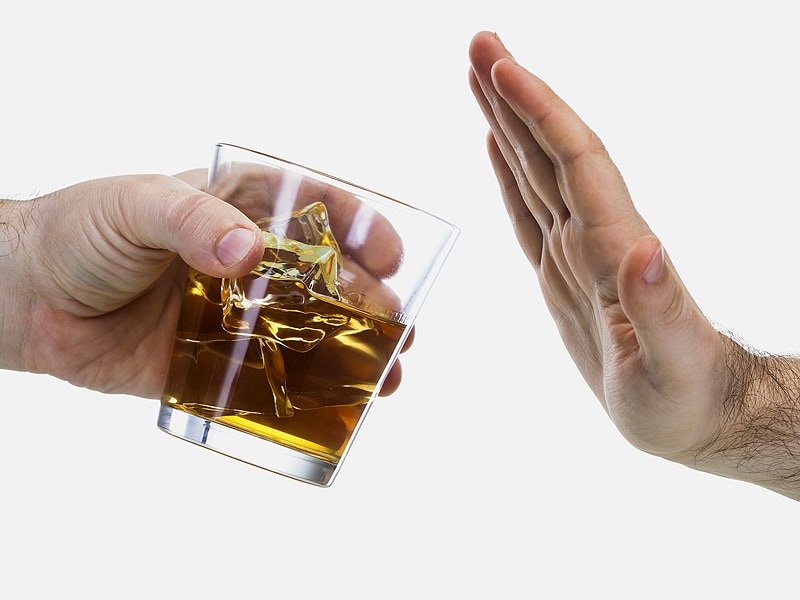Announcement
Collapse
No announcement yet.
Baclofen on Medscape Medical News
Collapse
X
-
Baclofen on Medscape Medical News
Medscape Medical News from the 12th World Congress of Biological Psychiatry:
My German forum: www.forum-baclofen.com / My general informations: www.baclofen.wikiTags: None
-
Hi Don -thanks for the post. Some who read your thread may not want to subscribe to the link -so here is a a quick excerpt:
High-Dose Baclofen Supports Abstinence in Alcoholism
ATHENS, Greece — High doses of baclofen (multiple brands), a drug normally used to treat spasticity, supports alcohol-dependent patients in maintaining abstinence from alcohol and is reasonably well tolerated, new research indicates.
Findings from the Baclofen for the Treatment of Alcohol Dependence (BACLAD) study showed that significantly more patients randomly assigned to receive baclofen remained abstinent during the 12 -week high-dose phase of the study than patients receiving placebo (68.2% vs 23.8%; P = .014).
The duration of cumulative abstinence during the same high-dose phase was also significantly higher in the baclofen group than in the control group receiving placebo (mean, 67.8 days vs 51.8 days; P = .047).
The number of dropouts during the high-dose interval did not differ between the baclofen and the placebo groups, although it was numerically lower in the baclofen group than in the placebo group (13.6% vs 23.8%).
Two patients in the baclofen group discontinued treatment because of side effects (fatigue), but the drug was well tolerated overall.
"When you go to Alcoholics Anonymous, people say to themselves, 'Today, I won't drink,' so alcohol is still in their mind, they just have to tell themselves that they are not going to drink today," Dr Jaury told Medscape Medical News.
"But with baclofen, abstinence is passive; when it works, thoughts of alcohol are not in your mind anymore. You can drink if you want to, but you can stop, and that's what has impressed me about this drug ― after patients start drug therapy, they tell me, 'I don't need to drink anymore, I don't like it,' and that was not their objective before they started treatment."
The study was presented here at the 12th World Congress of Biological Psychiatry and was published online April 13 in European Neuropsychopharmacology.

Comment